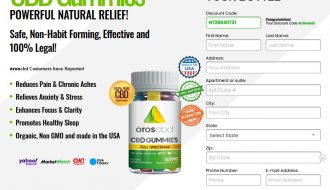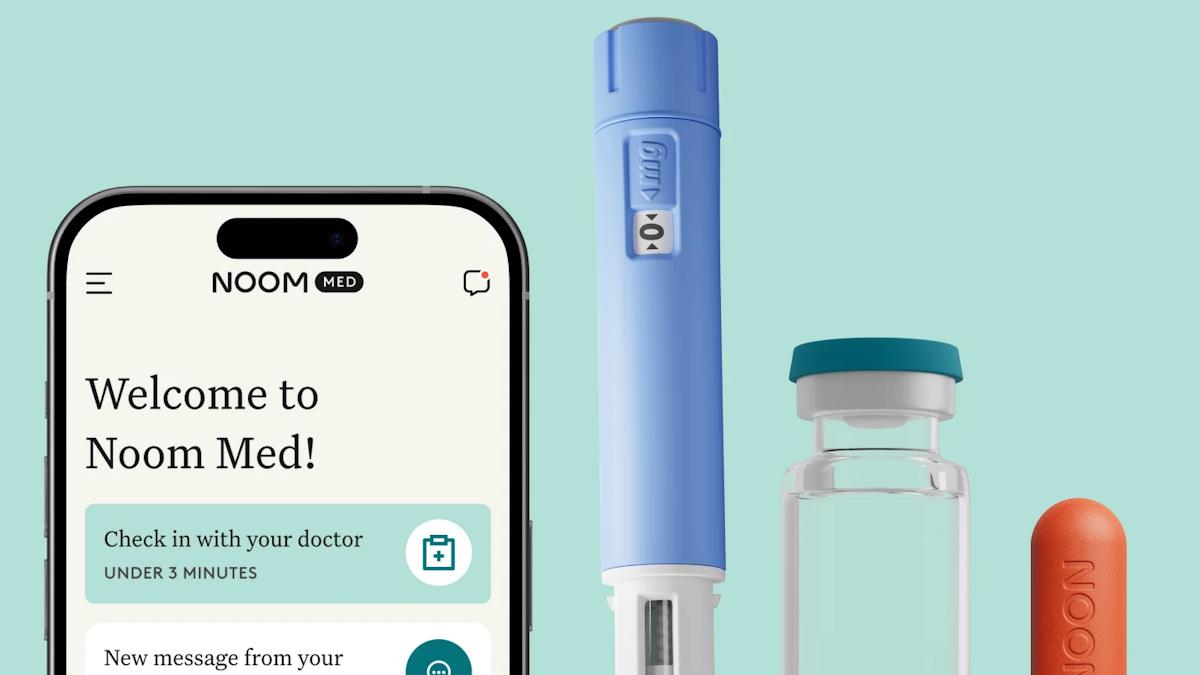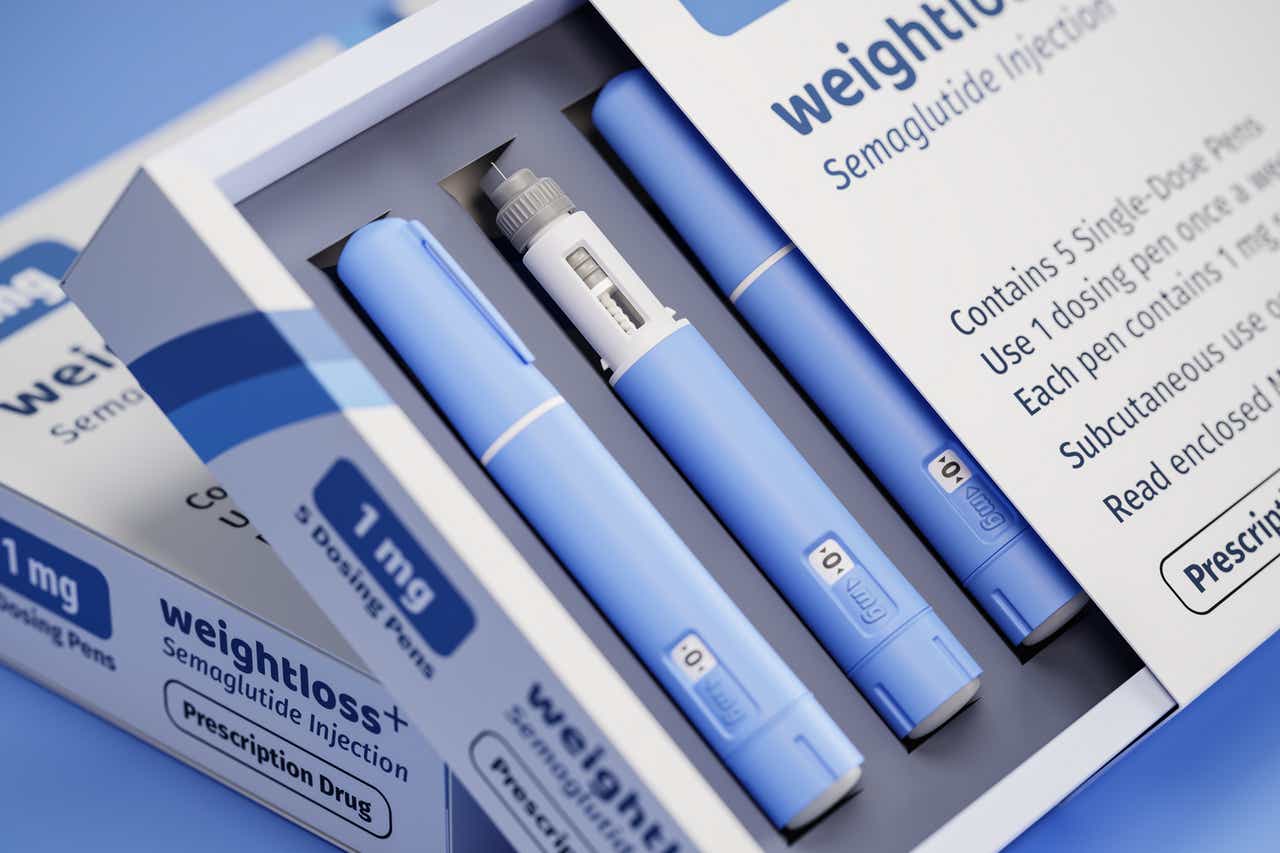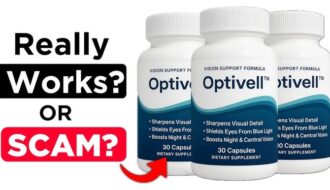The world of weight loss has undergone a seismic shift. For years, the conversation was dominated by diet, exercise, and willpower. Digital platforms like Noom rose to prominence by adding a crucial layer of psychology and behavior change to the mix, helping millions build healthier habits. But the landscape is now being reshaped by a powerful new force: GLP-1 receptor agonist medications.
As drugs like Ozempic® and Wegovy® have become household names, the demand for effective, medically supervised weight loss has surged. In response, Noom has evolved, expanding beyond its roots in behavioral psychology to integrate these revolutionary treatments. The result is Noom Med and the Noom GLP-1 Companion, a comprehensive program designed to pair the potent effects of GLP-1 medications with its signature habit-building support system.
This in-depth article explores every angle of the Noom GLP-1 program, from the science behind the medication to the unique features of its support system, real user experiences, and the critical safety information you need to know.
From Psychology to Prescriptions: The Evolution of Noom
Before diving into its medical offerings, it’s important to understand what made Noom a leader in the digital health space. The classic Noom program is a mobile app that uses a psychology-based curriculum to foster long-term behavior change. Its core features include:
-
Daily Lessons: Short, engaging articles and quizzes that teach the psychology of eating.
-
A Color-Coded Food System: Categorizes foods by caloric density (green, yellow, red) to guide healthier choices without strict restrictions.
-
Human Coaching: Access to a personal coach for motivation and guidance.
-
Community Support: Peer groups to share successes and challenges.
Noom’s fundamental belief is that sustainable weight loss comes from understanding and changing the habits and mindsets that drive our decisions. This philosophy now serves as the foundation for its approach to medicated weight loss, creating a program that aims to do more than just prescribe a pill or injection.
What is the Noom GLP-1 Program?
Noom’s entry into medical weight loss is not a one-size-fits-all solution. It’s a multi-faceted ecosystem designed to meet users where they are in their journey. The program is primarily split into two main offerings:
-
Noom Med: This is Noom’s all-in-one telehealth service. It connects eligible users with board-certified clinicians who can prescribe GLP-1 medications like Wegovy®, Zepbound®, or compounded Semaglutide. The service includes the medical consultation, prescription management, assistance with insurance authorization, and the full suite of Noom’s behavioral support tools.
-
Noom GLP-1 Companion: This program is for individuals who already have a prescription for a GLP-1 medication from their own doctor but want to leverage Noom’s specialized support system to maximize their results and manage their journey. It provides all the behavioral tools without the clinician services.
Both programs are built on the premise that medication alone is not a magic bullet. True success requires a holistic approach that addresses nutrition, physical activity, side effect management, and the psychological adjustments needed for long-term health.
The Science of GLP-1: How the Medication Works
GLP-1 (glucagon-like peptide-1) receptor agonists are a class of drugs at the heart of Noom’s medical program. These medications mimic a natural hormone your gut produces when you eat. This hormone plays a vital role in regulating appetite and blood sugar.
The medications work in three primary ways to promote weight loss :
-
It slows down digestion: By delaying how quickly your stomach empties, the medication helps you feel fuller for a much longer period after eating.
-
It targets the brain: It acts on the appetite centers in your brain to reduce hunger pangs and quiet the “food noise” or constant cravings that many people struggle with.
-
It regulates blood sugar: It helps improve the body’s insulin response, which stabilizes energy levels and can contribute to better metabolic health.
This powerful combination leads to a natural reduction in calorie intake, making it easier to lose weight without feeling constantly deprived. Medications available through Noom Med include Semaglutide (the active ingredient in Ozempic® and Wegovy®) and Tirzepatide (the active ingredient in Mounjaro® and Zepbound®).
A Step-by-Step Guide to the Noom Med Experience
Noom has designed its process to be as seamless as possible, integrating medical care with its well-known app interface. Here’s how it works for a new user:
-
Initial Assessment: The journey begins with a detailed online quiz. You’ll answer questions about your medical history, weight loss goals, and lifestyle habits to determine initial eligibility.
-
Clinician Consultation: If you qualify, you’ll have a virtual consultation with a board-certified doctor or nurse practitioner specializing in obesity care. They will review your information, discuss the risks and benefits, and determine if a GLP-1 medication is a safe and appropriate option for you.
-
Prescription and Insurance Support: If a prescription is written, the Noom Med team assists with the often-frustrating process of insurance pre-authorization to help get the medication covered. If brand-name drugs are too expensive or unavailable due to shortages, the clinician may discuss the option of more affordable compounded Semaglutide.
-
The GLP-1 Companion Program: This is where Noom’s unique value truly shines. Once on the medication, you gain access to a specialized version of the Noom app designed to support your journey. Key features include:
-
Behavior Change Content: Tailored lessons focused on managing side effects, adapting to a reduced appetite, and building healthy habits that will last after you stop the medication.
-
Muscle Defense™: A library of guided resistance training exercises designed to help you preserve lean muscle mass, a common concern with rapid weight loss.
-
Specialized Nutrition Tools: The app includes protein tracking and high-protein recipes to ensure you get adequate nutrition even when your appetite is low.
-
Medication and Side Effect Tracking: New features allow you to log your doses and any side effects, with content to help you manage them.
-
Dedicated Coaching and Community: You get access to coaches trained in supporting GLP-1 users and a community of peers on the same journey.
-
Affordability and Access: Compounded Drugs and Microdosing
One of the biggest barriers to GLP-1 treatment is cost, with brand-name medications often exceeding $1,300 per month without insurance. To address this, Noom Med offers two alternative paths:
-
Compounded GLP-1 Program: For eligible patients, Noom provides access to compounded Semaglutide starting at $149 per month. These medications are created by mixing the active pharmaceutical ingredient with other components. While not directly FDA-approved, Noom sources its compounded drugs from FDA-regulated 503B pharmacies to ensure quality and safety standards are met.
-
Microdose GLP-1 Rx Program: This program offers a lower dose of compounded Semaglutide. It’s designed for individuals who may be sensitive to the medication or prefer a more gradual approach, potentially with fewer side effects.
Potential Side Effects and Safety Management
GLP-1 medications are powerful and, like any prescription drug, come with potential side effects. Noom’s program places a strong emphasis on managing these issues through education and coaching.
Common Side Effects
The most frequently reported side effects are gastrointestinal and tend to be most pronounced when starting the medication or increasing the dose. These include:
-
Nausea (affecting up to 50% of users)
-
Vomiting, diarrhea, or constipation
-
Headaches and fatigue
-
Injection site reactions (redness or itching)
Noom guides mitigating these symptoms, such as eating smaller meals, staying extremely hydrated, and choosing bland foods when feeling nauseous.
Serious Side Effects
While less common, there are serious risks to be aware of. GLP-1 medications carry a boxed warning from the FDA for a potential risk of thyroid C-cell tumors. Other rare but serious side effects include:
-
Pancreatitis (inflammation of the pancreas)
-
Gallbladder problems, including gallstones
-
Acute kidney injury, often linked to dehydration from vomiting or diarrhea
-
Vision changes or worsening of diabetic retinopathy
-
Increased heart rate
-
Risk of depression or suicidal thoughts (noted with Wegovy®)
This is why ongoing clinical supervision is non-negotiable. The Noom Med program is designed to provide this oversight, ensuring patient safety remains the top priority.
Real User Experiences: The Good and the Bad
Reviews for Noom’s GLP-1 programs are mixed, reflecting both incredible successes and significant frustrations.
The Success Stories
Many users have found life-changing success. One case study highlighted by Noom features Angelia, a 58-year-old woman who lost 25 pounds in 14 weeks after struggling with menopausal weight gain for nearly a decade. She praised the program for helping her regain a sense of control over her body and appreciated the structured support for managing side effects like fatigue and reduced appetite. Users on platforms like Reddit also share positive experiences, noting the effectiveness of the medication combined with Noom’s supportive framework.
The Complaints
However, criticism is also prevalent. The most common complaints, often found on the Better Business Bureau website and Reddit, revolve around billing and customer service. Some users report being charged subscription fees even after being deemed ineligible for medication by their insurance. Others describe a frustrating experience with “canned” customer service responses and difficulty obtaining refunds. These issues highlight potential operational challenges as Noom scales its complex medical services.
Noom GLP-1 Program Cost
The cost structure of Noom’s program has several components:
-
Noom Med Subscription: There is a subscription fee for the Noom Med program itself, which covers the clinical consultations, insurance assistance, and access to the companion app.
-
Compounded Program Cost: The program offering compounded Semaglutide starts at approximately $149 per month, which includes the medication.
-
Brand-Name Medication Cost: For those prescribed brand-name drugs like Wegovy® or Zepbound®, the cost is separate and depends heavily on your insurance coverage. Noom’s team assists with navigating this, but the final price can range from a small co-pay to over $1,000 per month.
-
GLP-1 Companion Cost: For users bringing their own prescription, there is a separate subscription fee for access to the companion app’s features.
The Final Verdict: Is Noom’s GLP-1 Program Right for You?
Noom has created one of the most comprehensive commercial programs available for GLP-1 users. Its greatest strength is the seamless integration of powerful medication with a proven, psychology-based support system. It doesn’t just give you a prescription; it gives you a structured plan to manage side effects, prevent muscle loss, and—most importantly—build the sustainable habits needed for a life after medication.
This program is ideal for individuals who want more than just a quick fix. It’s for those who recognize that medication is a tool, not the entire solution, and who are willing to engage with the behavioral change process to achieve lasting results.
However, the program is not without its flaws. The negative reviews regarding billing and customer service are valid concerns that potential users should be aware of. Furthermore, the use of compounded drugs, while more affordable, is a decision that should be made in careful consultation with a clinician, given that they are not directly FDA-approved.
Ultimately, if you are looking for a clinician-guided, supportive, and holistic approach to weight loss with GLP-1s, Noom Med presents a compelling and robust option. It uniquely bridges the gap between the biological “what” of weight loss and the psychological “how” of long-term health.
Frequently Asked Questions (FAQ)
What is the difference between Noom and Noom Med?
Classic Noom is a psychology-based weight loss program focused on behavior change through lessons and coaching. Noom Med is a telehealth service that adds clinical care, connecting users with physicians who can prescribe weight loss medications like GLP-1s, all integrated with Noom’s behavioral support app.
How much weight can you lose with the Noom GLP-1 program?
Results vary, but clinical trials for medications like Semaglutide and Tirzepatide show average weight loss of 15% to over 20% of body weight in about a year. Noom’s program aims to maximize these results by adding structured lifestyle support.
Are the compounded medications from Noom safe?
Compounded drugs are not FDA-approved, which carries inherent risks. However, Noom mitigates this by sourcing its medications from FDA-regulated 503B compounding pharmacies, which are held to higher quality and safety standards. The decision to use a compounded drug should always be made with a clinician.
What happens when you stop taking the medication?
Weight regain is a common concern after stopping GLP-1 medication. Noom’s program is specifically designed to combat this by helping users build sustainable eating and exercise habits that can be maintained long after the medication is discontinued.
Does insurance cover the Noom GLP-1 program?
Insurance may cover the cost of brand-name GLP-1 medications like Wegovy® and Zepbound®, but coverage varies widely. The Noom Med team assists with the insurance authorization process. The subscription fee for Noom Med itself and the cost of compounded medications are typically paid out-of-pocket.
![]()









